Maybe you were surprised this week to see Google is crying foul in an open letter to users about a proposed new law:
…the News Media Bargaining Code, would force us to provide you with a dramatically worse Google Search and YouTube, could lead to your data being handed over to big news businesses, and would put the free services you use at risk in Australia.
Apparently publishers including News Corp Australia (News Corp) and Nine Entertainment Co (Nine) are upset Google and Facebook grew advertising revenues while theirs is declining. According to a recent online article from Nine’s Sydney Morning Herald, Google’s ad sales are up 16% to $4.3 billion in the 2019 calendar year. But pre-tax profit is only $134 million. The increase has been achieved despite the overall ad market contracting 5.3% to $6.8 billion. Now the media companies are pressuring to get a new law forcing the tech giants to pay them about $600 million a year. The News Media Bargaining Code has been drafted by the ACCC and is going to be proposed for parliament to consider.
The legal arguments about who owns what in publishing are not clear cut. Bloomberg’s opinion is the claim from the media firms is overblown:
Only about 4% of Facebook’s News Feed is actually “news,” as opposed to posts from family and friends, while Google doesn’t even bother to monetize Google News; it reckons that only about 1% of searches in Australia have anything to do with current events. By contrast, publishers everywhere are hugely dependent on platforms to drive traffic to their sites. If anyone should be paying up in this relationship, it isn’t Google and Facebook.
It’s a lot easier to understand this conflict if you look at it through a customer value lens. Google and Facebook are growing their ad revenues at the expense of local publishers because they are offering better value to advertisers. The red trend line in the chart below shows Nine’s share price declining slightly overall since 2014. At the start of 2014 Nine was trading around $2.00 per share. It closed today at $1.53 down nearly 25% in six years. Over the same period Google is up around 173%!
Instead of focusing on getting the rules changed, Nine and News Corp could get more serious about improving their customer value proposition. Markets reward firms who innovate in ways customers value. Great CX starts with a superior customer value proposition. It can deliver revenue upsides in any of five different ways:
Portion: The increased share the customer’s total budget realised by delivering better value, including cross selling and upselling.
Premium: The price advantage enjoyed over competitors signifying how much customers perceive the product or service as superior and differentiated.
Permanence: The reward for increasing the duration of customer tenure to grow lifetime customer value through loyalty rather than lock in.
Promotion: The extra revenue received from direct referral and public endorsement without investment in other marketing and advertising.
Pull: The growth of the overall market from new customers entering the market by competing against non-consumption rather than rivals.
Demanding rule changes may signal some level of desperation. But the situation is far from desperate. Nine and NewsCorp can certainly be more profitable and relevant by providing more value to their customers. This has to be true because of the media firm’s claims Google and Facebook are getting value from just parts of their content. Imagine the value Nine and NewsCorp could create if they switched from a regulatory focus to value focus. They have the content. The whole content. And (right now) nothing but the content!
Robert Dew is a Founding Partner at CapFeather Global with more than 2o years of corporate consulting and university lecturing in Innovation, Customer Strategy and Customer Experience. His PhD related to improving creativity in strong corporate governance environments. He has also done 60+ start-ups.



